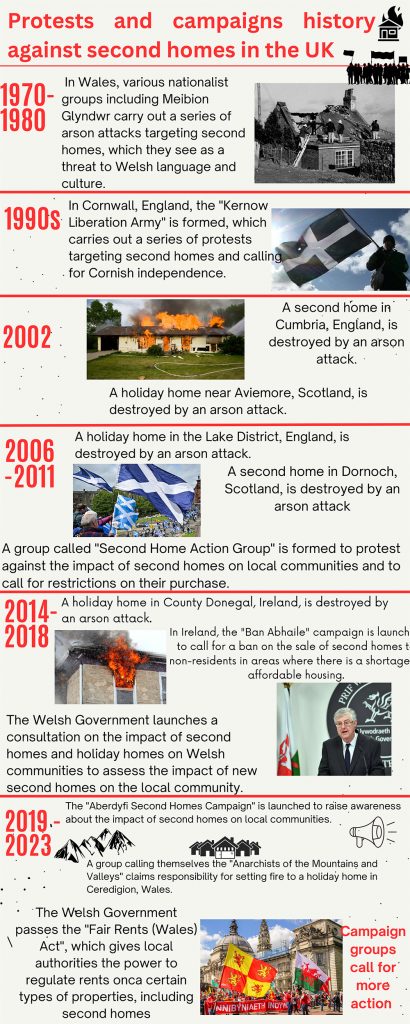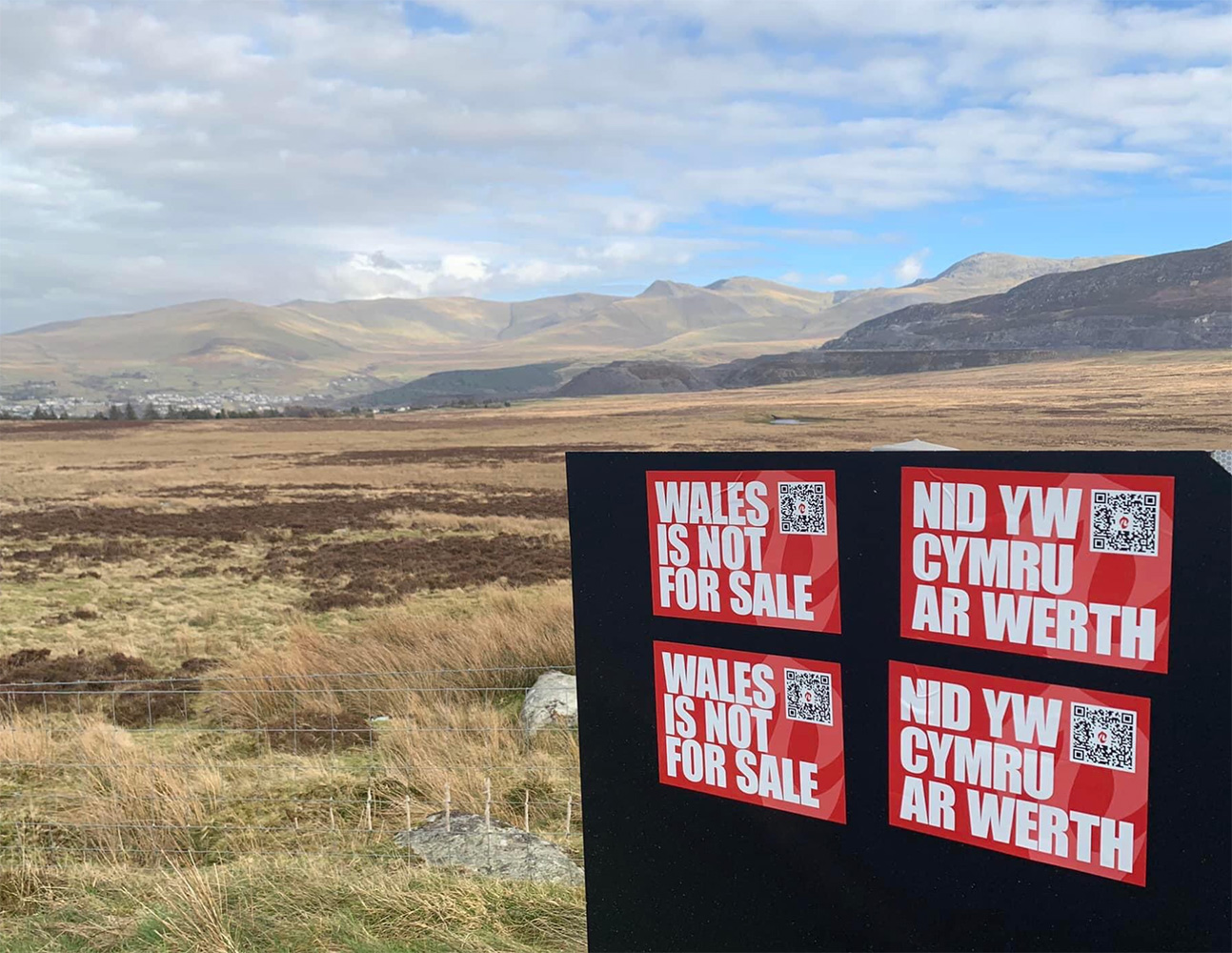New council tax laws on second homes have been introduced in Wales, but campaigners say that the government should do more to control house prices and save communities.
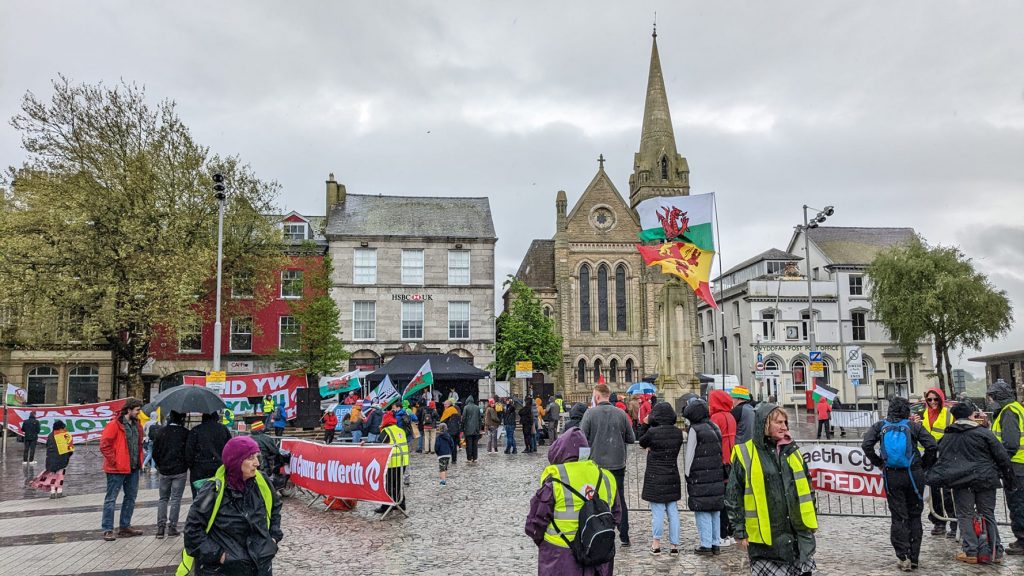
Rhiannon from Llanelli has travelled more than four hours by car to Caernarfon to stand in demonstration against second homes.
Many people from all over Wales have come to the rally, as they realise their voice against second homes will only be heard in a choir. A strong community spirit fills the town as protestors sing the Welsh national anthem under the pouring rain.
Rhiannon sacrificed a bank holiday with her grandchildren, to campaign for her children to be able to afford living closer to her. She volunteers in organising the rally alongside people fighting for the same cause: against second homes and the dramatic increase of houses prices in Wales.
“This cause is close to me. My son can not afford a house in Cardiff, but without his job in there he can’t even pay rent or a mortgage closer to where I live,” says Rhiannon.
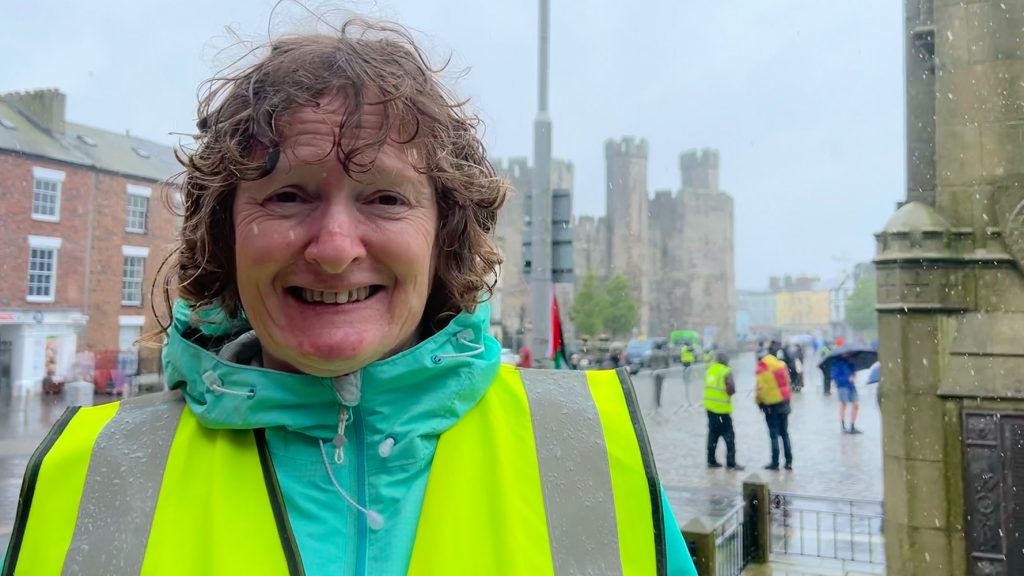
People in Gwynedd, Ceredigion and Pembrokeshire are disheartened that the house prices in their hometowns are not compatible with the salaries in those areas. The issue is worsened by many wealthy people from England investing in property in those coastal regions to later let it for profit over the summer.
With house prices doubling in a year in some regions and the numbers of Welsh speakers dropping to a record low according to the Office for National Statistics, campaigners call upon the government for action against second homes.
“We don’t mind tourism, we just want to be in control of it,” says Robat Idris the chair of Cymdeithas yr Iaith, a charity dedicated to preserving and popularising the Welsh language and culture.
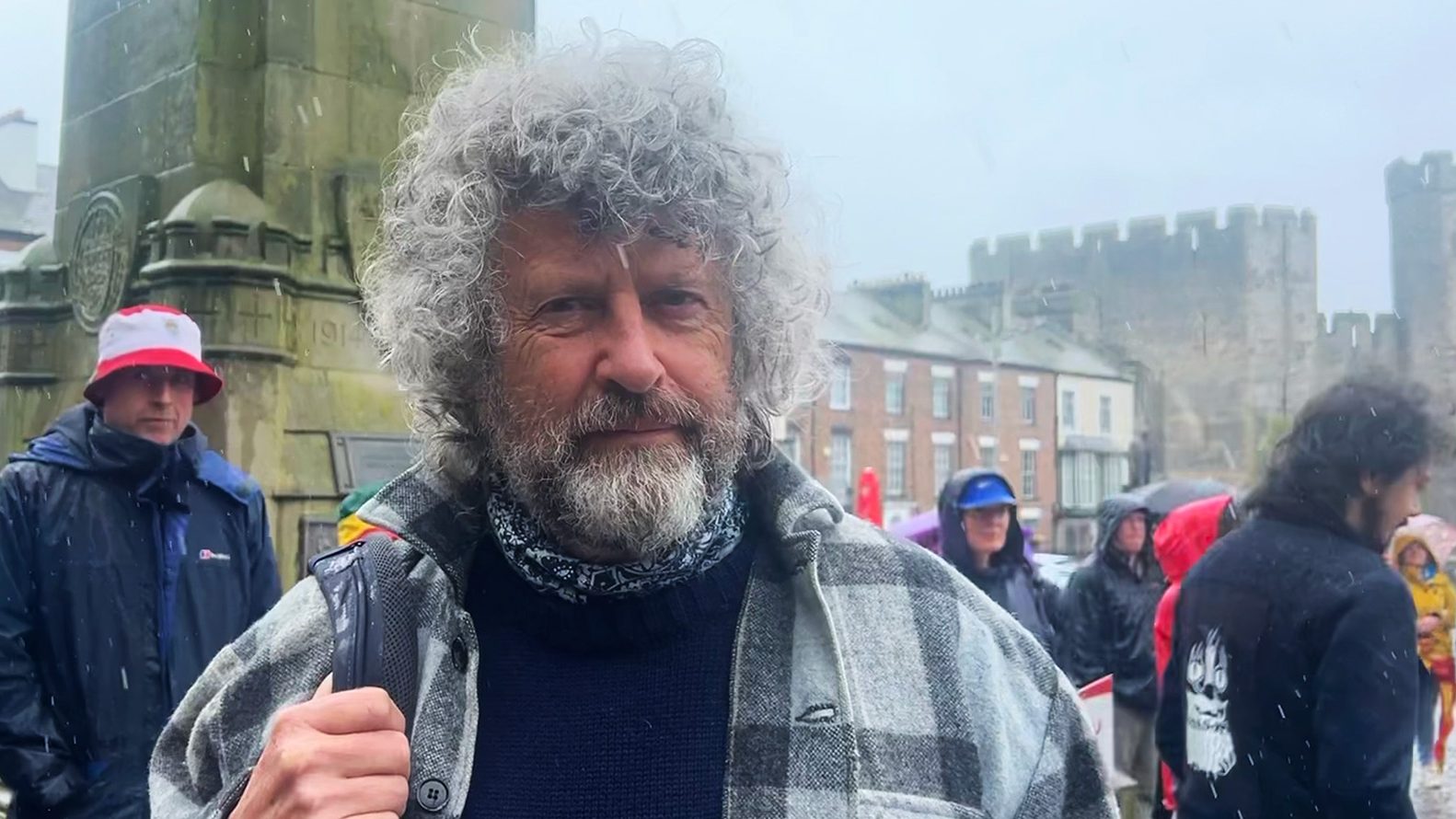
“The new council tax on second homes is not enough, we want limits to be introduced on the number of second homes in the area to make sure communities benefit from tourism without being torn apart,” he says.
Cymdeithas yr Iaith alongside other organisations, such as ‘Wales against holiday homes’ and individual campaigners are proposing measures such as limits on holiday homes per every village and a requirement for homeowners to spend time at their property in order to tackle the second homes issue.
“It’s complicated and not enough to just raise council tax. It also doesn’t give any power to the local communities,” says Robat Idris about the action already taken by the Welsh government.
Council tax rates were raised in 2022 in some counties in Wales to allegedly sanction holiday lets, but this has put financial strain onto the people in local communities and the members of Cymdeithas yr Iaith are calling for a stricter vetting process to make the tax increase more fair.
Campaigners across multiple organisations and platforms have indicated that just increasing council will not be enough for preservation of the local communities. Sustainable industry, vocational and academic training is needed to make it possible for young people to afford housing in Wales.
More investment and development is required to be directed to areas in West and North Wales, as property in that region is the most expensive in comparison to the average incomes.
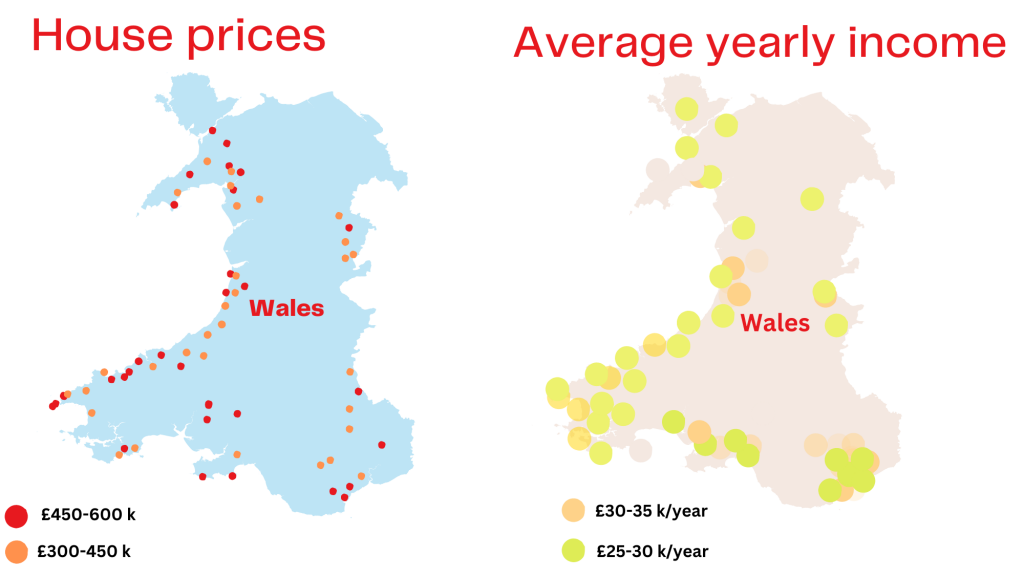
With effective control measures for second homes still a long way away, a passionate campaign volunteer and Pembrokeshire director of social services Sian Howys says it is important to support local business ventures, promote job opportunities for young people in Wales and communicate the need for improved infrastructure to the bodies of authorities.
She says, “It supports communities if the local people have ventures in tourism and other industries, not only temporary low-paying jobs during the summer.”
Indeed, although tourism accounts for 8% of the Welsh economy, according to its government, the lack of permanent and professional opportunities for young people in the region is another big factor contributing to the housing crisis in the region.
Young people employed in tourism are mostly in demand in that sector during the summer months. Many more, looking for permanent jobs that pay enough to afford to buy property in Wales are unable to find them in Wales. They are forced to move to England and abroad for employment which leads to emigration of the Welsh language speakers, ageing and degradation of the communities.
Dawn and her 22-year-old son Huw came to the walls of Caernarfon Castle to protest against second homes together. Huw proudly flies the flag of Wales over his head and speaks to his mother in Welsh. Yet dawn is devastated that to ever afford to get onto the property ladder in his birth county of Gwynedd, her son will need to move away to England for work.

“People come from London and Manchester where they have been earning big money and the wages don’t compare to what my children can make here. They just won’t be able to afford anything. There needs more to be done for Wales,” says Dawn.
